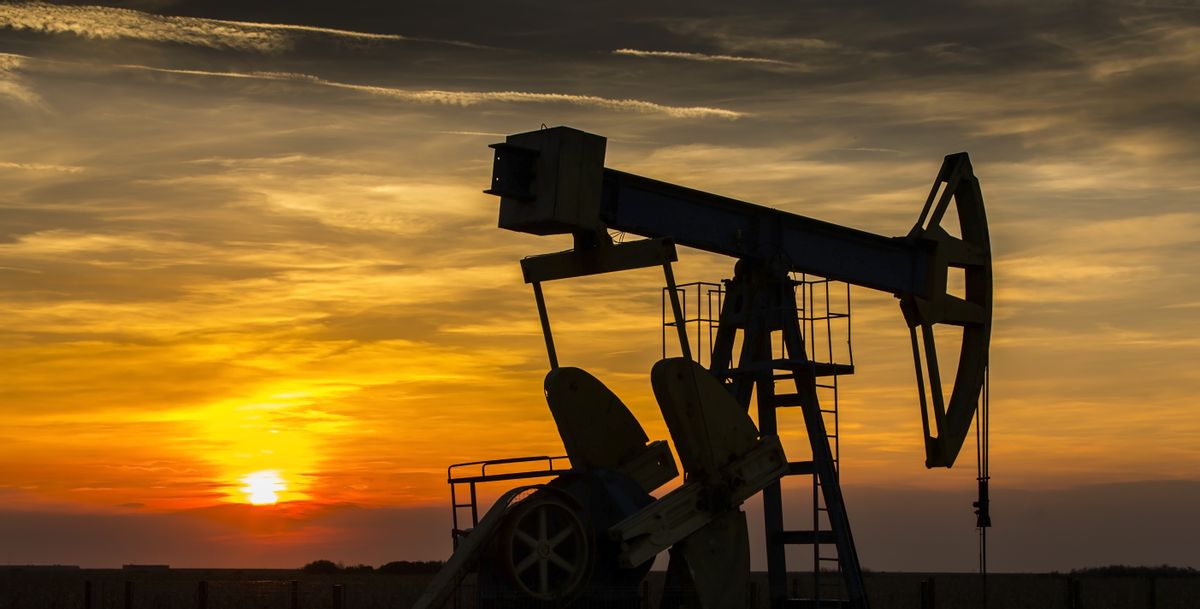The fracking well "Ron Burgundy," in Tioga, North Dakota, was still leaking as of yesterday. Local emergency officials were notified of the spill on Friday, but due to a confidentiality agreement, little is publicly known about the extent of the spill.
What can be released is the well's name, owner, file number, coordinates and date that the confidentiality agreement lifts, according to ThinkProgress, who spoke to Alison Ritter of the North Dakota Department of Mineral Resources. The well, owned by Denver company Emerald Oil, is named Ron Burgundy 3-23-14H (it is one of three wells to be named after the "Anchorman" character).
According to the Associated Press, Williams County emergency coordinator Mike Hallesy said the wellhead failed during hydraulic fracturing. The process involves sending pressurized water, sand and chemicals into a well to break the rock and foster the flow of oil and gas.
Hallesy also said there was a perimeter set up around the spill, roads were closed and the spill was being contained with berms. He also said that excess liquid was being moved out of the area to a disposal site, via truck.
The confidentiality agreement is not up until Aug. 4 -- then and only then will the size of the spill be known to the public. However, the confidentiality agreement does not preclude the public from knowing certain details, including health and safety risks.
Ritter told ThinkProgress that spills are evaluated on a "case by case basis." This case did pose a risk and so emergency officials were notified. According to the Associated Press:
"Hallesy said that a reading taken 10 feet from the wellhead showed hydrogen sulfide levels of 20 parts per million. Hydrogen sulfide at levels of 100 parts per million can be life-threatening, he said."
However, ThinkProgress reports:
“It’s important to point out that just because a well is in a confidentiality status, it doesn’t mean the public would not be informed in an emergency,” Ritter said. “Should an incident progress to where health or human safety were at risk, we do have authority to notify emergency agencies to protect the public.”
Eighteen percent of oil and gas wells in North Dakota are confidential, and there is a list of them online, according to Ritter. Wells are kept confidential so that companies can "protect" what they are producing and other "proprietary information." Also, according to ThinkProgress, there are no requirements to prove why oil wells need confidentiality.
This spill is being reported on only days after EnergyWire released a report stating that the United States oil and gas industry was responsible for an average of 20 spills per day. Without including Louisiana, one of the top producers of natural gas, there were "7,662 spills, blowouts, and leaks in 2013," according to ThinkProgress. This represents an 18 percent increase from 2012.



Shares